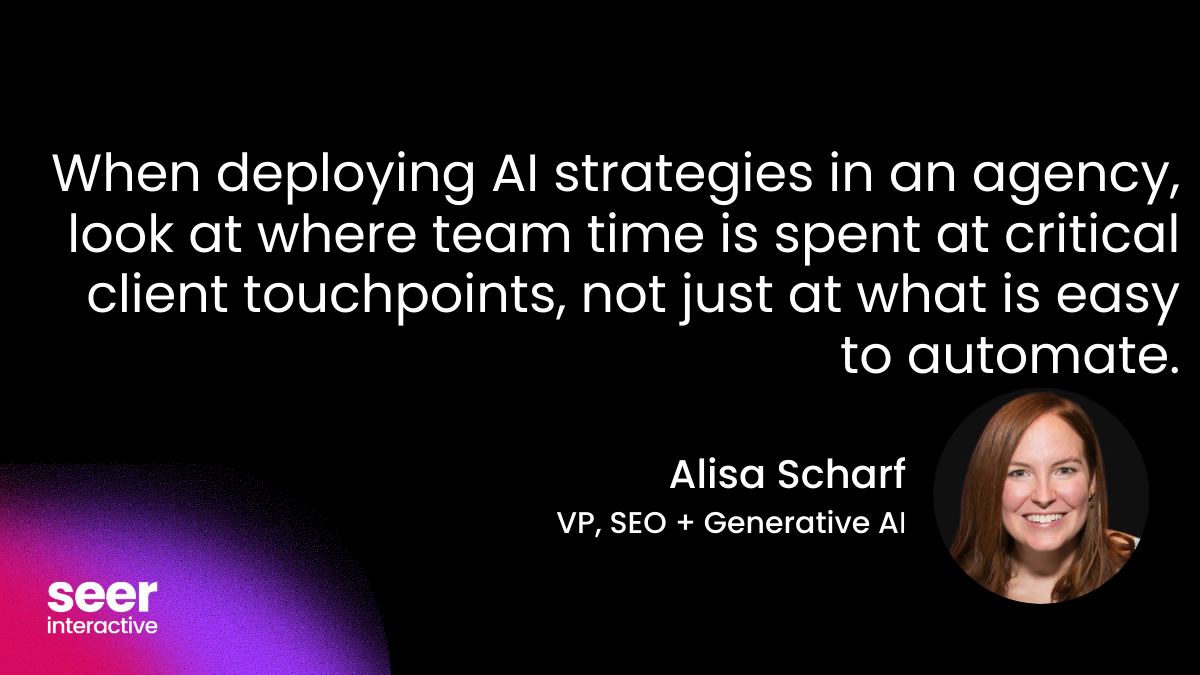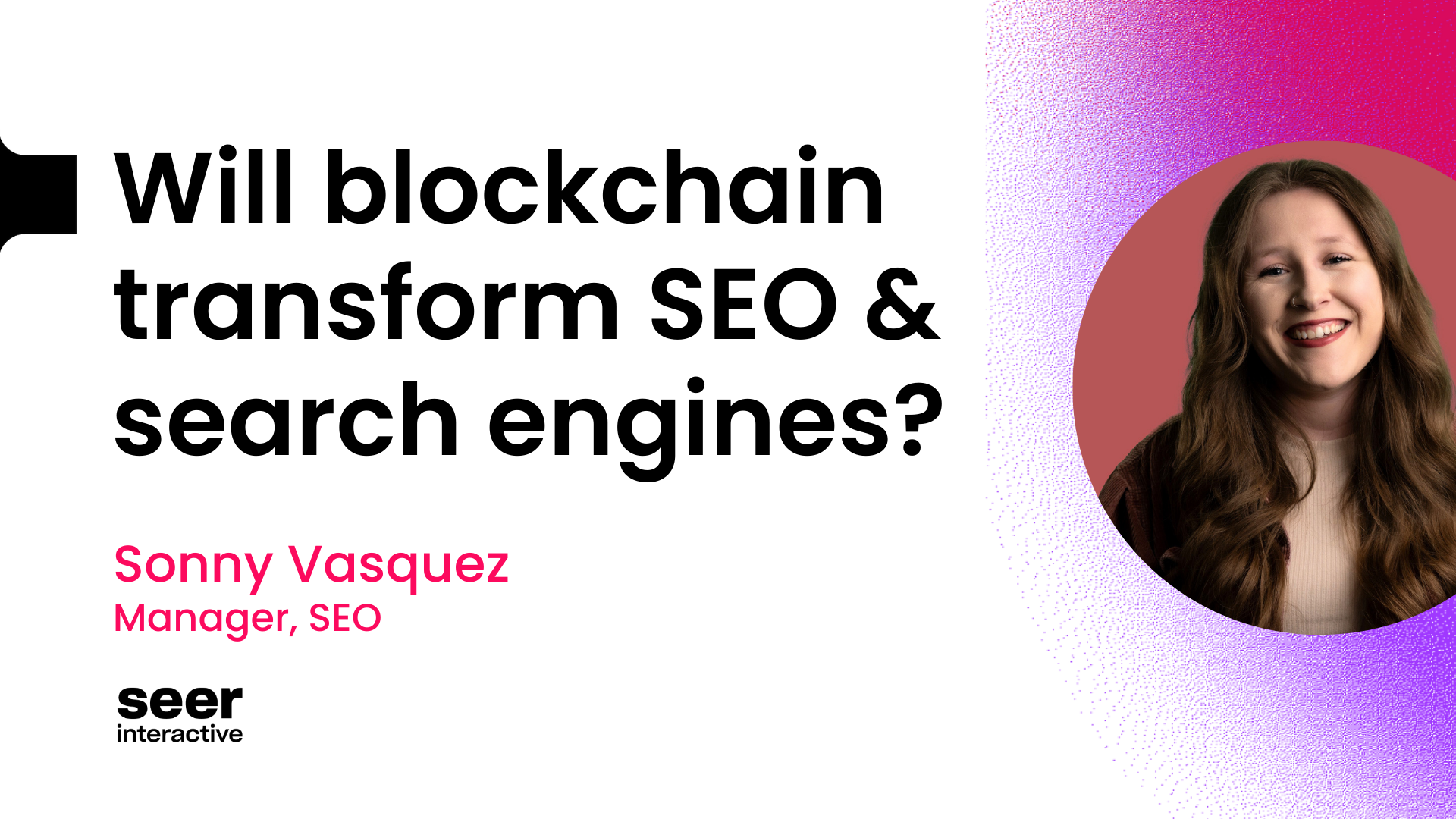“It’s Not Crazy, It’s a Clue”
I read about a concept that changed my life a few years ago. This concept is called - “it’s not crazy, it’s a clue” - and I learned about it from the groundbreaking book on negotiation Never Split the Difference.
You know those times when you're interacting with someone either personally or professionally, and they seem a bit “crazy” because of what they are or aren't saying? We’ve all had those experiences.
And in those moments, we often get frustrated and think to ourselves - "this is so frustrating, this person must be crazy!"
Chris Voss (the author of Never Split the Difference and former FBI hostage negotiator) had a super elegant way of thinking about this and using it to his advantage. Nope, they aren't crazy he says - “they are instead giving you a clue as to what's going on behind the scenes that you can't yet see or hear.”
In an agency setting, where communication with our clients is critical, this concept can easily be applied to our day to day (it can be applied to other relationships like with your friends, boyfriend, girlfriend, mom, dad, sister, uncle, etc., too).
Next time the person that you’re speaking to says something and you think to yourself - "that's crazy," instead consider the 3 mistakes outlined below that you might be making in thinking just that. Highlighted below are also some guiding principles for what you should do in each situation, in order to help you get the info that you need to understand what’s going on behind the scenes, and ultimately achieve whatever outcome you’re looking for in the situation.
Mistake 1: They Are Ill-Informed
Nope, they’re not crazy. It’s a clue. Often times the other side is acting on bad information. What they believe isn’t the truth.
To move forward in this situation: discover what they don’t know, and supply it.
For example: You just presented a data-backed strategy to your client, and it seems like a no brainer. But your client shuts you down and doesn’t want to pursue it. This might seem crazy, but they may have heard from a previous agency that a similar strategy to the one you just presented was no good for their business -- before your data confirmed it. They may need some convincing because of their experience with their previous agency. They were ill-informed before you came along.
Mistake 2: They Are Constrained
Nope, they’re not crazy. It’s a clue. Your client has things they can’t do, but aren’t eager to reveal them to you.
To move forward in this situation: discover what those constraints are, and recommend a new way forward that circumnavigates those restraints.
For example: Your main point of contact (POC) just won’t implement your recommendations, and is giving an unconvincing rationale for why that’s the case. She says that your recommendations are in the developer’s queue, but they’ve been in the queue for 2 months, and a developer that you just spoke with said that he has lots of bandwidth! In reality, the developers might not like or trust your POC, and thus they aren’t listening to her recommendations. Your POC knows this but isn’t communicating that to you because it’s a bit embarrassing for her. She’s constrained. To move forward, you may need to make relationships with the devs directly, get a new POC that has some internal authority, or recommend strategies that don’t require their development resources.
Mistake 3: They Have Other Interests
Nope, they’re not crazy. It’s a clue. Your client rejects what you tell them for reasons that have nothing to do with their merits. They are complying with needs that you don’t yet understand.
To move forward in this situation: This is a tough one. The best thing to do in my opinion is to hold an in-person meeting or get face time in order to snuff this out. While there in person, try to pick up on body language, or what your client/their boss is saying during unguarded moments (e.g. at dinner or a happy hour) in order to uncover what the real priorities are. If you find that they have other interests that clash with yours, it’s time to loop in your Team Lead or Director for an honest conversation.
For example: Out of nowhere, your main POC stops responding to you, even though you’ve sent them 8 emails over the past 2 weeks and have tried calling them directly a few times. Your work is great, but maybe their board of directors wants to explore other agencies that they have a closer relationship with. Time to hop on a plane and figure out what’s really going on.
Conclusion
Next time the person that you’re speaking to says something and you think to yourself - "that's crazy," instead consider the fact that you may be making a big mistake in thinking just that. Most people aren’t crazy. Instead, consider that they may be ill-informed, they may be constrained, or they may have other interests. I hope that a better understanding of these concepts will help you become a better consultant and communicator!
Want to work with digital marketing consultants that get it? Get in contact with us and let’s chat!


